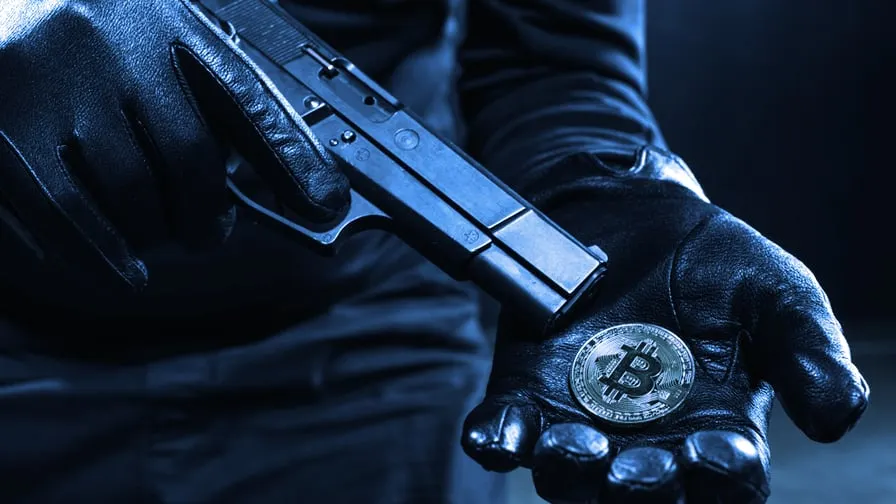In brief
- A new FATF report finds a growing list of far-right groups using crypto.
- Experts have previously told Decrypt that the growth of illicit finance using crypto is inevitable.
The Financial Action Task Force (FATF), a global financial crime watchdog, has released a report documenting how far-right groups are gravitating to crypto.
The report, titled “Ethnically or Racially Motivated Terrorism Financing,” provides multiple examples of cryptocurrencies—including both Bitcoin and “privacy coins”—being used by extremists who’ve been forced out of traditional financial channels.
“Without the ability to process credit card payments, some groups have moved to using virtual assets like Bitcoin to move funds,” the report said.
“Some extreme right wing groups have used so-called “privacy coins,” i.e. virtual assets that allow a user to maintain total anonymity when making blockchain transactions,” the FATF added. Privacy coins include cryptocurrencies such as Monero, Dash and Zcash, which obfuscate identifying information using a variety of cryptographic techniques.
Which groups use Bitcoin?
A who’s who list of far-right terrorists have gravitated to Bitcoin.
Brenton Tarrant, who carried out the Christchurch mosque shooting in 2019, had made multiple donations to extreme right-wing groups overseas using Bitcoin. These donations included funds sent to Generation Identitaire, a far-right group in France, and Martin Sellner, a far-right activist in Austria.
In Belgium, the group called “Schild and Vrienden,” which translates to Shields and Friends, has previously tripled their resources through Bitcoin and donations via an online money transfer service.
Nordfront, the “Nordic Resistance Movement,” is yet another example. The group has encouraged its followers to donate Bitcoin via various payment platforms.
The FATF’s findings come months after Bitcoin was implicated in the January 6 riots in Washington, D.C. A French donor, Laurent Bachelier, paid more than $500,000 worth of Bitcoin to far-right activists that took part in the pro-Trump insurrection.
Bachelier, who killed himself immediately after sending the donations, penned a letter claiming that Western civilization was on the decline. “I care about what happens after my death. That’s why I decided to leave my modest wealth to certain causes and people,” he wrote in the letter.
A growing problem
The FATF's findings are far from the first to link cryptocurrencies with extremist groups.
In the UK, the National Crime Agency’s annual report on serious and organized crime found that increasing adoption of Bitcoin could be making life easier for criminals.
It’s not just the far-right that’s making use of Bitcoin, either. A senior spokesperson for Palestinian militant group Hamas—which is considered a terrorist group by the U.S., UK, and others—admitted earlier this year that the group has seen a surge in Bitcoin donations.
“There was definitely a spike [in Bitcoin donations],” the Hamas official said, adding, “Some of the money gets used for military purposes to defend the basic rights of the Palestinians.”
CipherTrace, a blockchain analytics firm, said that illicit finance within the crypto sphere was inevitable as the industry continues to grow.
CipherTrace financial analyst John Jeffries spoke to Decrypt shortly after the United States’ Office of Foreign Assets Control sanctioned several entities—that were financed using crypto—for allegedly seeking to meddle in the 2020 U.S. presidential election.
“As the cryptocurrency ecosystem grows, it’s inevitable that illicit finance will expand alongside it. The growth in cryptocurrency interest creates the potential for money laundering and tax evasion,” Jeffries said.

